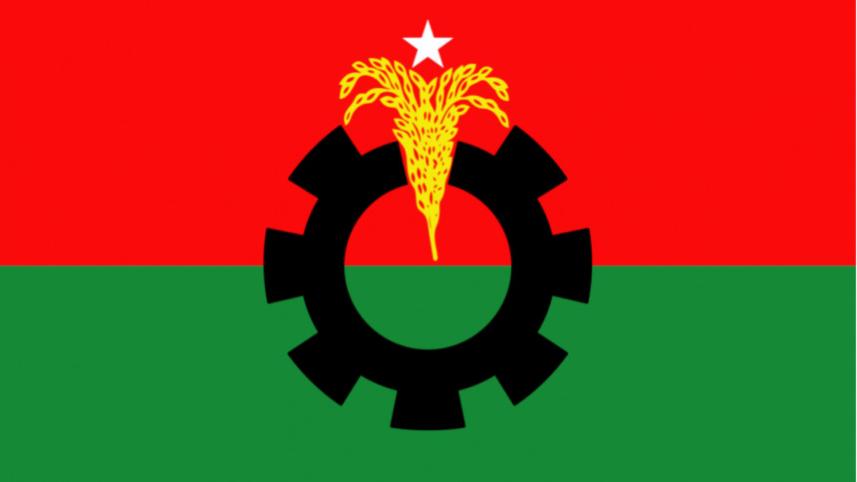BNP struggles to finalise candidates in half of seats

The BNP has identified at least 150 parliamentary seats where it expects difficulties in nominating strong candidates for the upcoming national election, according to party insiders.
For most of the remaining constituencies -- the other half of the 300-strong parliament -- the party says it faces little trouble in settling on a single nominee, based on internal surveys and reports from grassroots organisers.
"There are no qualified candidates in 150 seats, and the chance of winning against rivals is low. If the opposition exploits BNP's weak candidates, it will hurt the party," one insider said.

Senior leaders and others involved in the nomination process cited several reasons for the shortfall: the deaths of expected candidates, declining popularity, old age, and an excess of aspirants in certain constituencies.
In these contested seats, the BNP is considering more than 100 new faces, according to three Standing Committee members who spoke on condition of anonymity. The potential nominees are described as activists known for honesty, sacrifice, grassroots popularity, and a clean image, one of the leaders said.
A party insider said priority is being given to those who actively participated in protests after October 28, 2023, when a BNP rally at the party's central office in Nayapaltan was foiled amid violence.
Following the July uprising, BNP acting chairman Tarique Rahman and his team began working on candidate selection. Five internal surveys have been completed so far.
Tarique has already finalised candidates in about 150 constituencies where the BNP believes its position is strong, sources said. Many of these contenders had also run in the 2018 polls.
MEETINGS WITH ASPIRANTS
Since September 20, senior leaders have been meeting hundreds of nomination seekers at the party chairperson's office in Gulshan, hoping to avert internal discord ahead of the election.
Some Standing Committee members have been tasked with handling seats where there are too many aspirants, while organising secretaries assist in the consultations. Tarique is also speaking directly to potential candidates via video calls, urging them to remain united.
BNP Vice Chairman Abdul Awal Mintoo said there are 100 to 120 constituencies where three or four strong contenders are competing.
"Now the party is thinking that it is better to talk with the nomination seekers beforehand, because when the party formally gives the nomination, leaders and activists should stay united. This is why the party is already talking with them," he told The Daily Star.
Some aspirants told party leaders they would accept the final decision, though one candidate, speaking anonymously, warned that if the "wrong person" were chosen, grassroots activists would not support them.
Chandpur BNP Vice President MA Shukkur Patwari, a candidate for the Chandpur-2 seat, said he and five other local leaders seeking the nomination met the senior leaders on September 22. "We were told to support whoever the party nominates," he said.
Muhammad Rahmatullah, a National Executive Committee member and aspirant for Barishal-5, also met senior leaders the same day. "We assured the senior leaders that we will work unitedly and will not go against the party's decision," he said.
Party officials say the BNP aims to finalise its preliminary candidate list by the end of October.
SHARING SEATS WITH ALLIES
The BNP has also asked its allies, who staged anti-government protests simultaneously with the BNP during the Awami League's tenure, to submit lists of potential candidates for seat-sharing talks.
Standing Committee members Nazrul Islam Khan and Amir Khosru Mahmud Chowdhury contacted alliance leaders three days ago requesting the lists. Shahadat Hossain, spokesperson of the 12-Party Alliance, said the names would be sent "within a day or two".
BNP leaders say they are also in talks with additional groups, including the National Citizen Party and several Islamist and left-leaning organisations, with negotiations likely to continue until the election schedule is announced.
They said the party will be more careful on seat-sharing this time, since the revised Representation of the People Order no longer allows candidates to use another party's symbol, in this case the BNP's paddy sheaf.
One senior leader, speaking anonymously, said the BNP recognises that leaders of its allied parties generally lack the grassroots support of its own candidates. Nevertheless, the party has asked for complete lists of nominees both to guard against defections and to maintain control over negotiations.

 For all latest news, follow The Daily Star's Google News channel.
For all latest news, follow The Daily Star's Google News channel.
Comments